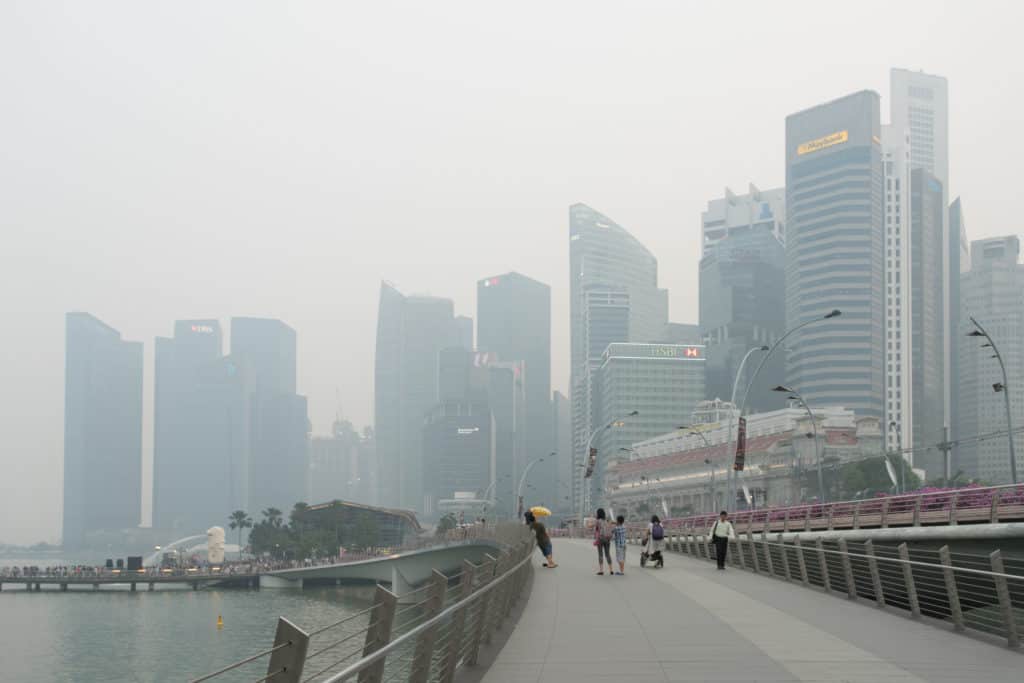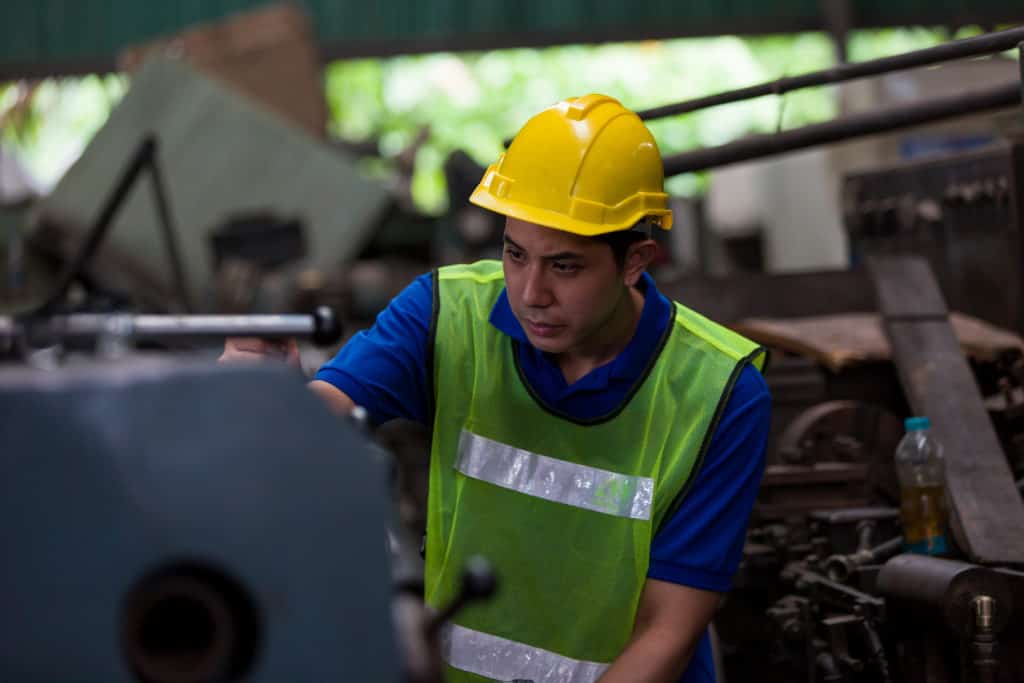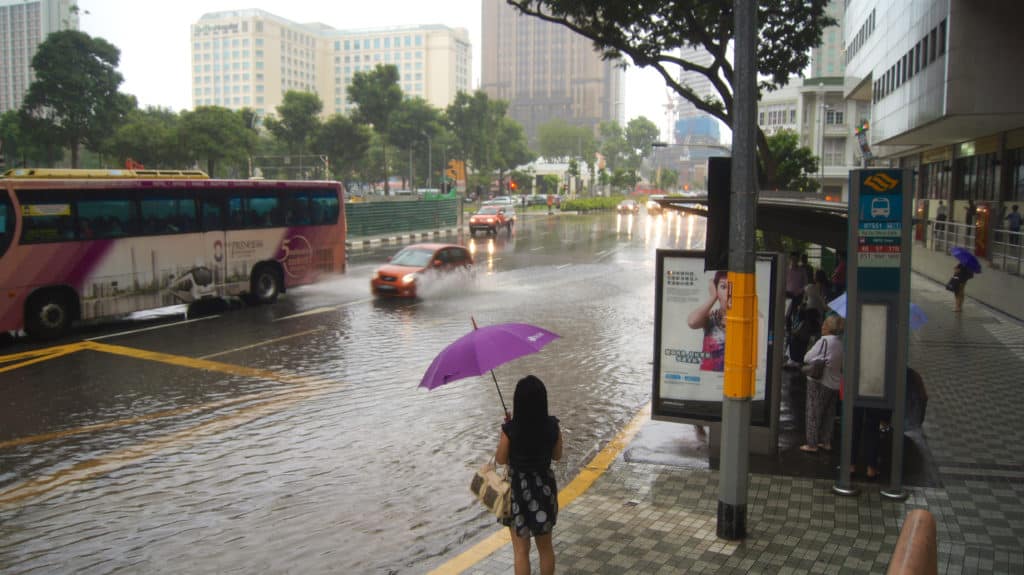Providing Mobility as a Service: Public Acceptance and Behavioural Responses

Singapore has to date implemented effective, general measures such as institutionalising the Certificate of Entitlement and reducing the number of parking spaces in housing estates. However, the effectiveness of such one-size-fits-all measures may vary considerably across drivers, and, arguably, resources used to implement these measures could be more effectively and efficiently utilised. By gaining a […]
Technological risk perception and competency in the built environment

Disruptive technologies that have been introduced and adopted since the era of the 4th industrial revolution are now influencing almost all industries, and the built environment sector would not be an exception, adopting some of the technologies (AI, AR/VR, Machine/Deep Learning, etc). However, the built environment sector has been recognised as a laggard in technology […]
Risk perception and evaluation on social media

This project is the first to carry out a cross-discipline, meta-analytic review of research on individual-group risk perception and evaluation on social media and the internet in Asia. Comparatively, multi-level model analyses to differentiate between Asian and non-Asian contexts, between the nature of risks, and between the types of risk information will also be conducted. […]
Promoting data-driven innovations in the public sector for Mongolia

https://www.youtube.com/watch?v=Z4lIi0WLeqQ&t=1s The project will see IPUR and the National Academy of Governance (NAOG) of Mongolia: Co-design a short-term virtual training programme on the use of data and behavioural insights for public policy and risk communications. Build capabilities of the relevant authority through short-term advisory support. The partnership will see IPUR at NUS and NAOG of […]
Risk GPS (Global Perception Study)

The Risk GPS research program consists of several phases. The first phase works on two sub-projects. First, building a data platform from online sources to analyse risk-related perceptions at the societal level across countries. Second, historical content analysis of risk perceptions over 200 years (1810-2009). Overall, these projects harness innovative methods to analyse risk perceptions […]
World Risk Poll: Analysis of Risk Perceptions Survey Data at the Individual Level across 140 Countries

This project leverages on the LRF commissioned study for Gallup to collect survey data from about 140 countries on risk and safety perceptions. We aim is to augment the dataset with country-level indicators from international organisations such as the World Bank, ILO and WHO that could include inequality, GDP, healthcare, etc. The key goal is […]
Health risk assessment of air pollution in two cities

The project aims to examine the adverse effect of air pollution on health in Singapore and quantify it as relative risk. Although many studies reported the risks of air pollution through epidemiological methods, no study was conducted in Singapore due to the unavailability of data. With the newly developed Discovery AI in National University Health […]
Appraising climate-related risks in Singapore and Thailand

To better understand how individual experts communicate with the public appraise climate-related risks, a qualitative-diagnostic approach is proposed to capture nuances in the understanding of “risk” in different professional and national cultures. The findings of this study are intended to inform the experimental designs for a larger, follow-up, on appraisal in risk communication. Risk appraisal […]
Climate change impacts on workplace safety and health in the facilities management sector

This study conducted with NUS School of Design and Environment involves a systematic assessment of climate change impacts on workplace safety and health (WSH) risks in the built environment industry. This industry faces a comparatively high level of WSH risks but stakeholders in SE Asia generally have low awareness of the potential impacts of climate […]
Systematic assessment of climate change risk perceptions in Singapore

This study adopts a systematic approach to the study of public perceptions of sea level rise, drought and flood and other climate-related risks and related interventions in Singapore to support the design of communications interventions to close the gap between the risk perceptions of experts and lay people. The next phase of this study will […]
